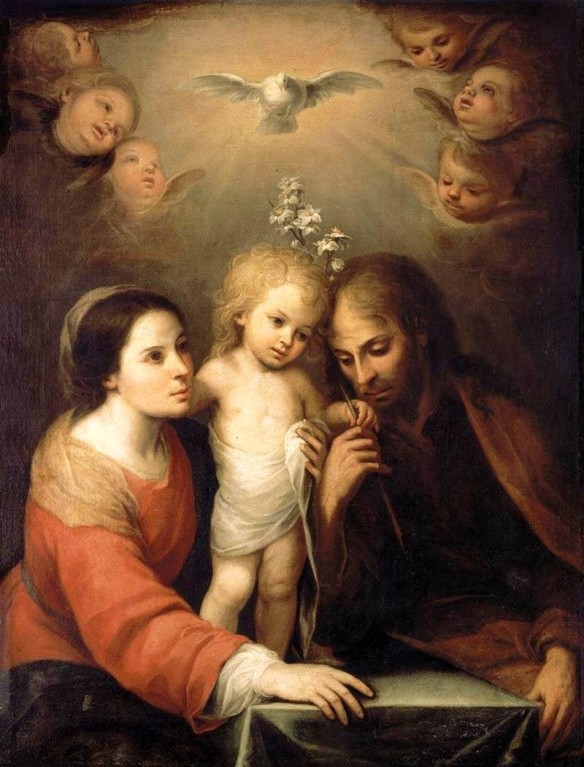The Book of Kings provides details about the rise and eventual decline of the Kingdom of David. Remember, the Book of Samuel described the people and circumstances that led to the tribes of the Israelites being united as a Kingdom, and through this unity, becoming a great civilization. The culmination of this accomplishment was the rise of the House of David, (David) who became the greatest of all the Israelites kings.
Today, the story of King David comes to an end. He is presented to us as an old man, who must now relinquish the power that he spent a lifetime achieving. He designates his son Solomon as his heir and he dies.
Death is the way of all things in this world, a raw and unavoidable fact of our existence from which no one is exempt. Death comes for the greatest and the least. And yet there is not only death in this world, but also life. Each generation of humanity has as its mission to create the conditions for the possibility for the next generation. Our lives are not our own, we have been created by God to share our lives with others and this creative possibility expresses itself in openness to life, which is itself expressed in receptivity to having children and accepting all children (not just our own) as God’s most precious gift.
David’s legacy will continue in his son, Solomon, and eventually, when the long line of David’s ancestors reaches it’s fulfillment, and all the wealth and glory and power of the House of David had been lost, it was an ancestor of David, Joseph, the husband of Mary, who would accept and love as his own son a child that was not his own, the Son of Mary, the Lord Jesus, who is God the Messiah.
It is from the Lord Jesus that humanity will receive the promise of heavenly life beyond death. For it is God in Christ who will, in his own acceptance of death, transform its power forever, making of death, not an end, but a route of access to communion with God.
The greatest of human legacies is not wealth, pleasure, power and honors, but family, which is the non-negotiable necessity for civilization to endure. Family happens when men and women accept their mission to become parents and to have children and when the society is structured towards assisting men and women to become parents and have families then the society will thrive.
A society that thinks of family as something dispensible or of children as a hindrance, or worse, as a kind of consumer accessory, will not endure.
Becoming a parent is a risk. Accepting a family is not easy. Structuring a society to serve the needs of families means sacrifices. But to not to do these things entails bitter consequences.
In order to men and women to be open to becoming parents and welcoming children there must be faith, and hope and love in their lives. The faith, hope and love that is necessary is not just faith in themselves or hope in ideologies or love for worldly attainments, but the faith, hope and love that we receive as a gift from entering into a relationship with the Lord Jesus.
Our relationship with the Lord Jesus invites us to become members of his household, of his own family. It is from the household or family of the Lord Jesus that we receive the gifts of faith, hope and love. The expression of Christ’s family in the world is the Church, which is not just an institution or an ethnic identity or ideological cause, but the family of the living and true God.
In his Gospel for today, the Lord Jesus sends the twelve men he chose to be his Apostles, the men who would become the progenitors of his household, the Church, out on mission.
We are meant to note that the Apostles are given a mission that is identical to the Lord Jesus’ own mission. The Apostles do what the Lord Jesus does. Their message is Christ’s message. Their work is Christ’s work. Their mission is Christ’s mission.
It is in their willing acceptance of a mission that belongs to Christ that casts out the dark powers from the world and offers to men and women healing and hope.
The mission of the Church is not something that we create for ourselves. Instead, the mission of the Church is determined by Christ and given to us by him. It is when in our pride we conceive of the mission of the Church as our own personal project or as something meant to be leveraged for our causes or ideologies, it is then that the Church suffers corruption and falters and fails.
The Gospel presents testimony to us as to what precisely it is that Christ has determined the mission of his Church to be. Christ does not negotiate with us about the Church’s mission, he presents it to us and asks us to decide whether we will accept it or not. If we accept his mission, then we can become like him, and if we become like him, we then become the Church he desires for us to be.

